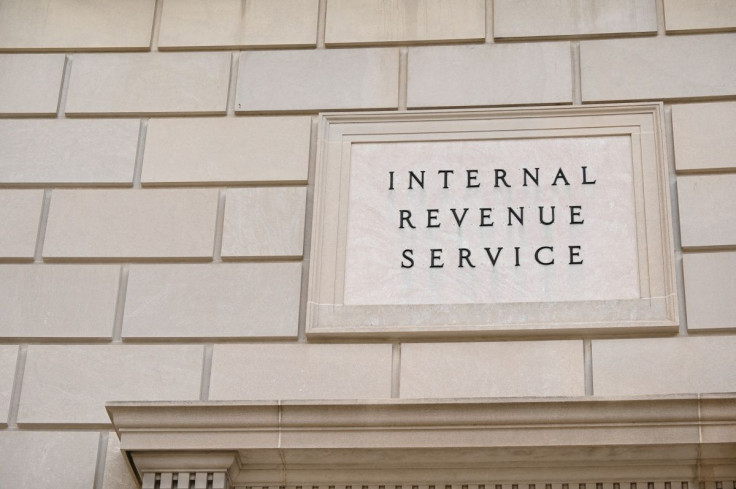US Hopes To Reap Windfall From IRS Crackdown On Wealthy Tax Dodgers
The Internal Revenue Service (IRS) is intensifying its efforts to fight tax evasion among the nation's wealthiest individuals, with Commissioner Danny Werfel unveiling that millionaires and billionaires are evading an estimated $150 billion in taxes annually, exacerbating government deficits and undermining the fairness of the tax system.

Fueled by controversial funding from Congress, the IRS has started a broad crackdown targeting wealthy taxpayers, partnerships, and large corporations. In an exclusive interview with CNBC, Werfel affirmed the agency's commitment to rooting out tax evasion and making sure that every taxpayer contributes their fair share.
Werfel emphasized the substantial underfunding of the IRS in recent years, which deprived the agency of fundamental resources for conducting audits, particularly on complex and sophisticated returns. Despite a 50% surge in taxpayers earning over $1 million annually, audits for this demographic dropped by over 80% in the last decade, showcasing the agency's challenges in effectively enforcing tax compliance.
The Inflation Reduction Act provided the IRS with an $80 billion infusion, yet Congressional Republicans negotiated to reclaim $20 billion of the funding, worsening the agency's resource constraints. Despite criticisms from some Republican lawmakers, the Treasury Department projects that enhanced IRS enforcement could generate an additional $561 billion in tax revenue between 2024 and 2034, with every dollar spent on enforcement yielding approximately $6 in revenue.
The IRS has already exhibited early success with its efforts to collect unpaid taxes from millionaires, recovering over $480 billion from 1,600 millionaire taxpayers who owed at least $250,000 each in assessed taxes. Additionally, the agency has already announced plans to audit owners of private jets, utilizing public databases and analytics tools to identify potential tax evasion related to personal use of corporate aircraft.
Werfel also mentioned limited partnerships as a potential hot spot for tax evasion, with many wealthy individuals allegedly exploiting these entities to shield their income from taxation. The IRS has launched the Large Partnership Compliance program to scrutinize some of the largest and most complex partnership returns, including hedge funds, real estate investment partnerships, and large law firms.
Leveraging artificial intelligence (AI) technology, the IRS aims to upgrade its ability to identify returns most likely to contain evasion or errors, thereby improving the precision and efficiency of its enforcement efforts.
Moving forward, the effectiveness of the IRS's enforcement initiatives will be closely monitored, with implications for government revenue, taxpayer compliance, and the broader integrity of the tax system. However, challenges persist, including ongoing debates over funding allocations and potential resistance from targeted taxpayers and industry stakeholders.
© Copyright IBTimes 2024. All rights reserved.






















